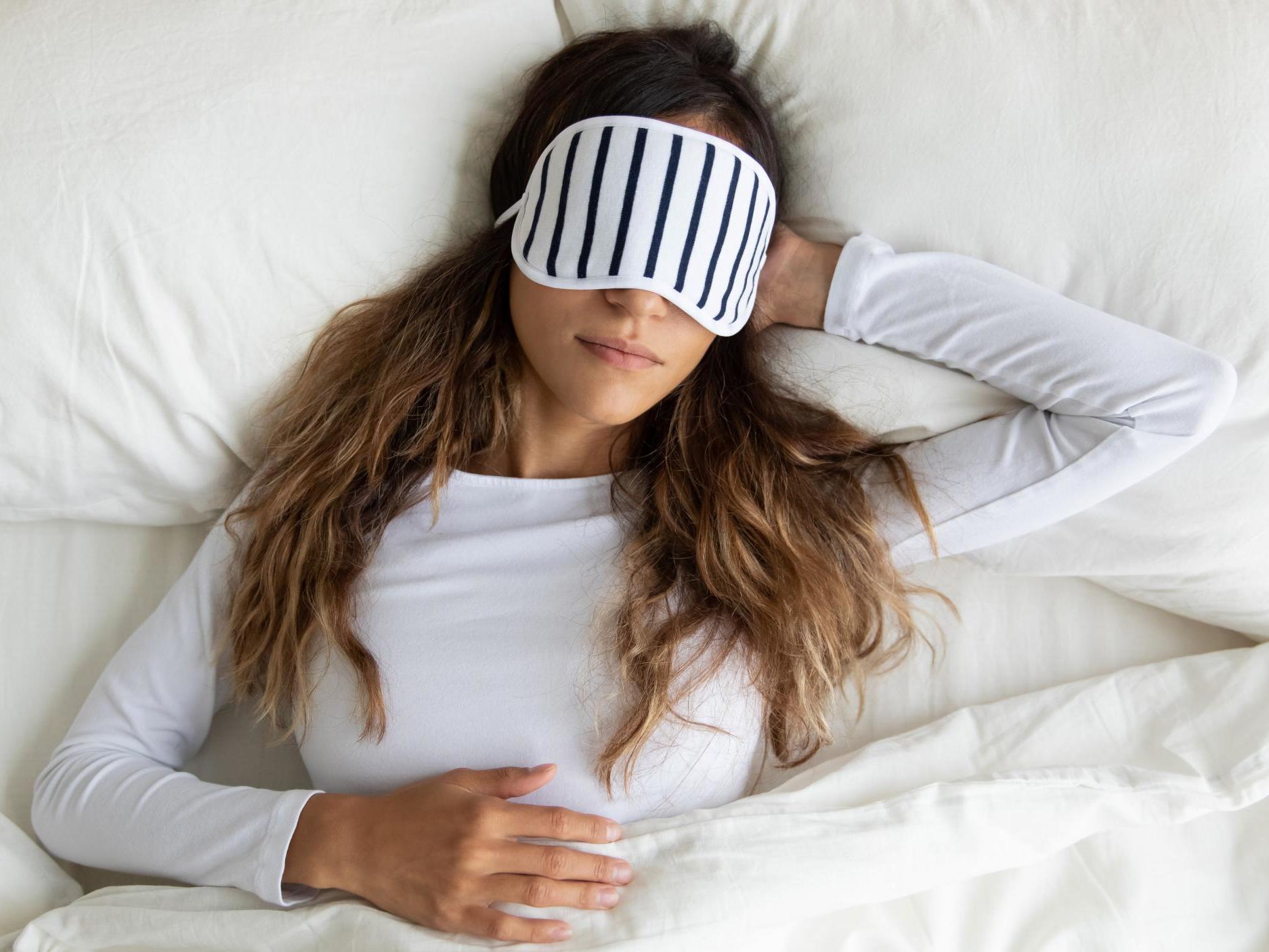Why long naps may be bad for your health
Sleeping for more than an hour during the day linked to increased risk of premature death and heart disease

Napping for too long during the day could be linked to a higher risk of early death or heart disease, according to a new study.
Researchers at Guangzhou Medical University in China found drifting off for an hour or more during the daytime could increase the risk of dying prematurely or cardiovascular disease by a third.
The team of scientists conceded short naps could benefit people who are sleep-deprived, but warned they should be kept to less than 60 minutes.
Their study, presented at the European Society of Cardiology Congress, analysed a total of 313,651 participants from more than 20 studies. Some 39 per cent of participants took naps.
The analysis found those who napped for more than an hour had a 30 per cent greater risk of “all-cause death” and a 34 per cent higher likelihood of cardiovascular disease compared to non-nappers.
Overall, naps of any length were linked with a 19 per cent increased risk of death.
The connection was worse in women, who had a 22 per cent greater likelihood of death with napping compared to no napping, and older participants, whose risk rose by 17 per cent with naps.
When night-time sleep was taken into account, long naps were only linked with an elevated risk of death in those who slept for more than six hours per night.
The reasons why napping is bad for the body are still uncertain, however study author Dr Zhe Pan said some studies have suggested long snoozes are linked with higher levels of inflammation, which is risky for heart health and longevity.
Other research has connected napping with high blood pressure, diabetes, and poor overall physical health.
“Daytime napping is common all over the world and is generally considered a healthy habit,” said Dr Pan. “A common view is that napping improves performance and counteracts the negative consequences of ‘sleep debt’. Our study challenges these widely held opinions.
“The results suggest that shorter naps (especially those less than 30 to 45 minutes) might improve heart health in people who sleep insufficiently at night.”
He added: “If you want to take a siesta, our study indicates it’s safest to keep it under an hour.
“For those of us not in the habit of a daytime slumber, there is no convincing evidence to start.”
Join our commenting forum
Join thought-provoking conversations, follow other Independent readers and see their replies
Comments